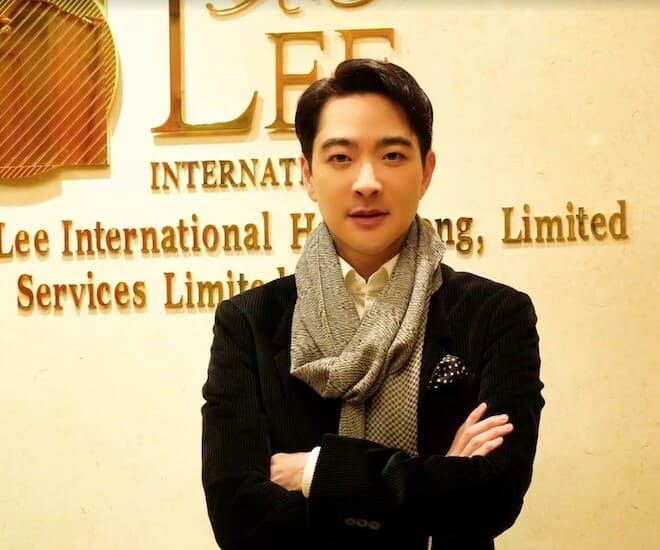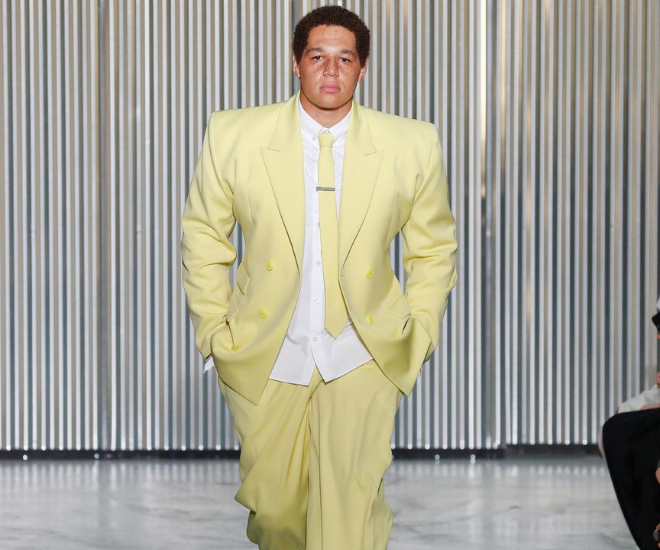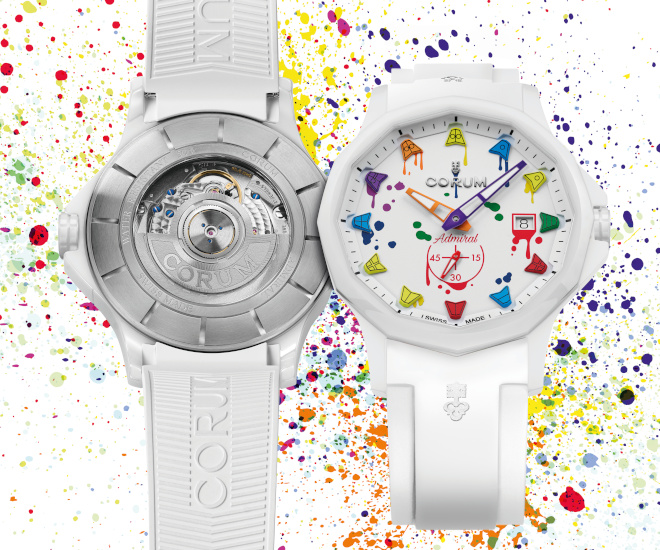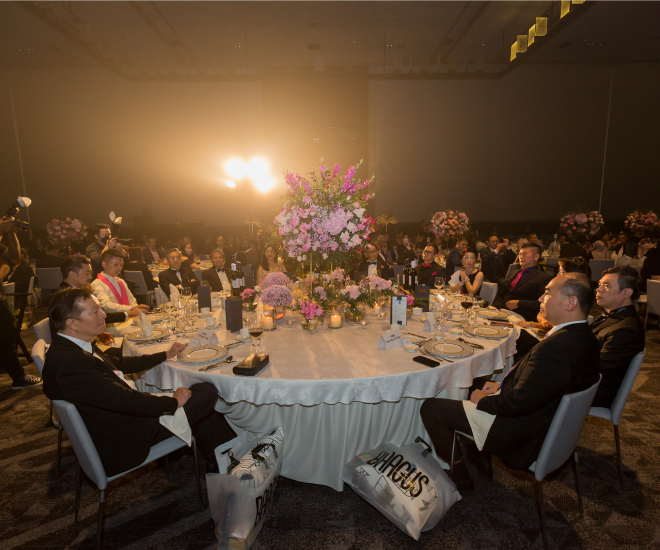Billionaires Shift to New Asset Classes as Digital Assets Shrink
As the cryptocurrency market goes into a decline, jewellery investments becomes a new way to improve your portfolio.

The world’s richest man, Elon Musk, has been heavily involved in all kinds of digital asset initiatives. He remains inextricably linked to cryptocurrency through his actions, being one of the first people to invest in Bitcoin in early February 2021. Shortly after, the gradual rise and popularity of cryptocurrency eventually led to the creation of Non-Fungible Tokens (NFTs), leading to multiple major international brands and independent artists creating their own digital asset. Soon enough, the cryptocurrency market was flooded with these valuable collectibles.
However, recent occurrences have shown that just like their physical counterparts, digital assets, too, carry risks and can lose value as easily as anything else. No matter how popular digital investments became, no sensible investor saw them as the future of their entire portfolio. Responding to the high-risk situation, individuals like Hong Kong billionaire, Calvin Lo, sought out new investment opportunities with a more tangible asset, such as his recent venture into rare, highly collectable jewellery.
The Legacy Jewellery Fund
Calvin Lo — an elusive, high-net-worth investor with an inclination towards privacy — has made a career out of being invisible. However, his recent purchase of the Williams F1 Racing Team, as well as the renowned Mandarin Oriental Hotel in Taipei raised his profile to a significant degree. He is known for astute investment strategies that continually deliver remarkable success for his Singapore-based investment company, R.E. Lee Capital, a US$10 billion fund with an exceptionally diverse portfolio.
Through his private investment company, R.E. Lee Octagon, Lo directly invested and ultimately raised US$1.1 billion to his latest endeavour, the Legacy Jewellery Fund, making it one of the largest funds dedicated to jewellery investments.
What is highly collectable jewellery?
View this post on Instagram
Jewellery is proving to be a highly valuable asset, with its precious metals and rare stones. Unlike many of today’s investment opportunities, there is a tangible, intrinsic value beyond any speculation. However, similar to any investment strategy, choosing the right channel matters.
Rare and highly collectable jewellery have been around since the early 1990s, with a wide variety of manufacturers and styles, so how does Lo know which ones to invest in? For his Legacy Jewellery Fund, Lo has chosen three specific manufacturers: Bvlgari, Cartier and Van Cleef & Arpels; historic brands that have withstood the test of time.
- READ MORE: Bvlgari Magnifica High Jewellery Showcase
View this post on Instagram
Like all established brands, each has its own golden period; where design, craftsmanship and vision peaked. For Van Cleef & Arpels, their most iconic time was during their Art Deco period in the 1960s and 1970s while for Cartier, the legendary Tutti Frutti style reigned supreme in the 1930s and 1940s. For Bulgari, their golden period was in the 1960s with the creation of the La Dolce Vita style.
Beyond the brand name, Lo believes that an investment piece should have some other considerations. These five factors include: an official mark of the manufacturer on the piece itself, the condition of the piece, the level of quality reflected in its craftsmanship and the allure of a vintage accessory.
Together, these conditions help narrow down investment choices and find the ideal investment asset that also provides a fantastic ownership experience, acting as both an investment, and a satisfying collection piece.
The increase in demand for jewellery investments
View this post on Instagram
While the amount of investment Lo has managed to attract for the investment fund shows a high level of interest in these rare, highly collectable jewellery, there are other pieces of evidence that point to its potential. A recent survey by The Hurun Chinese Luxury Consumer Survey asked high net worth individuals about their preferred collectable items, with 93 per cent divulging they preferred divulging in jewellery collections.
With jewellery attracting a multitude of attention from multiple investors, it is no doubt that this is a market that is very likely to grow in the near future. The tangible value of these pieces supports the investment in a way that a digital asset can never have and is perhaps one of the reasons why they are becoming so attractive.
Whatever your previous investment choices, rare, highly collectable jewellery is definitely one to consider in the future, and Lo has once again pioneered this with his own money.
For more business reads, click here.







